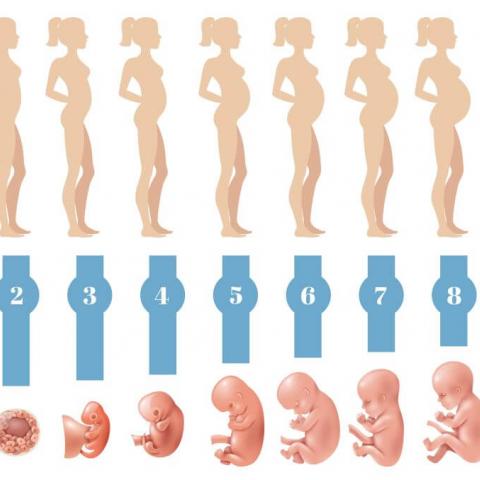Wiki: Pedia
Wikis are websites built for collaborative authoring, allowing numerous contributors to add, edit, and structure content online.
Wikis prioritize ease of use and openness: pages can be added or changed without technical expertise, and most track every edit so changes can be reviewed or undone.
Common features
- **Collaborative editing:** Several contributors can edit pages, sometimes at the same time.
- **Edit history:** Every modification is recorded with a timestamp and the editor’s identity or IP address.
- **Interlinking:** It’s easy to create links between pages, forming an interconnected knowledge base.
- **Lightweight markup:** Pages are typically formatted with lightweight markup like WikiText or Markdown.
- **Permission settings:** Some wikis are open to anyone; others limit edits to registered users or specific groups.
- **Discussion pages:** Talk or discussion pages let contributors debate edits and organization.
Common uses
- Crowd-sourced knowledge resources (e.g., Wikipedia)
- Project docs and corporate knowledge repositories
- Cooperative writing and shared notes
- Classroom and educational projects
Benefits
- **Fast collaboration:** Many people can collaborate and iterate quickly on content.
- **Openness:** Transparency through revision histories and discussions.
- **Expandable:** Wikis can grow naturally as contributors add new topics.
Drawbacks
- **Vandalism and false information:** Open editing may allow intentional or accidental inaccuracies.
- **Inconsistent quality:** Articles can differ greatly in depth, tone, and reliability.
- **Organizational issues:** Poor coordination or governance can cause content fragmentation and disputes.
Notable example
- **Wikipedia** — a well-known wiki operated by the Wikimedia Foundation and written by volunteers around the globe.






















